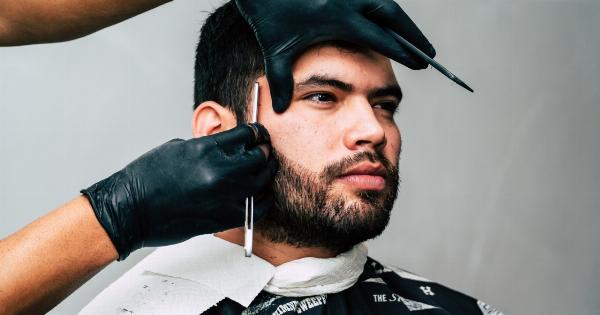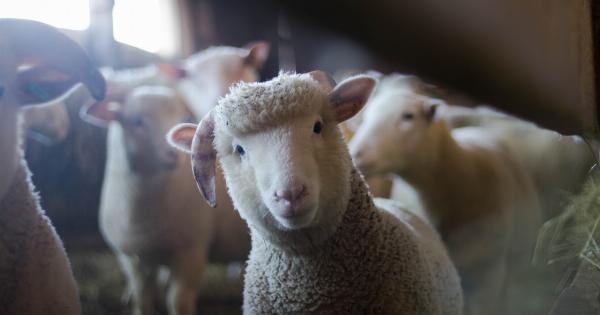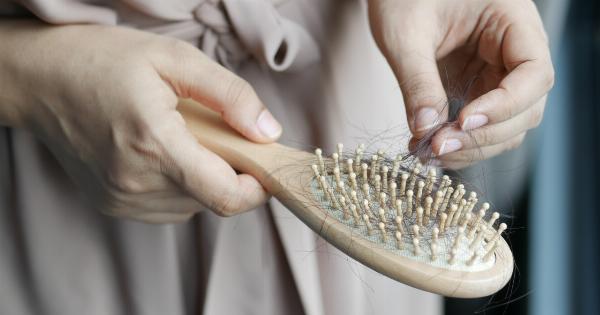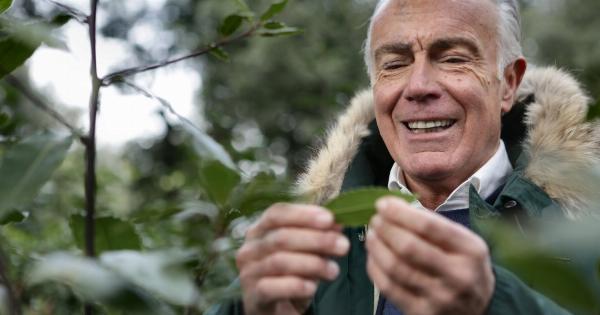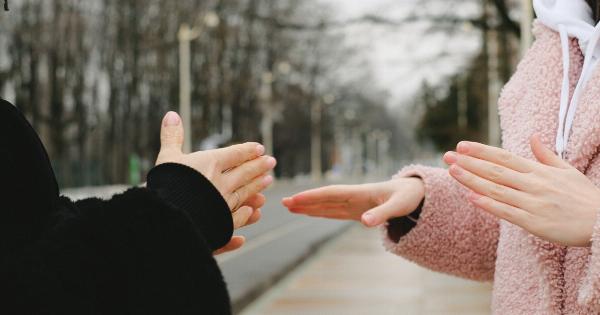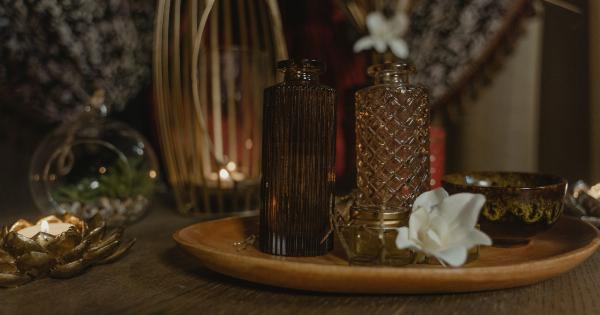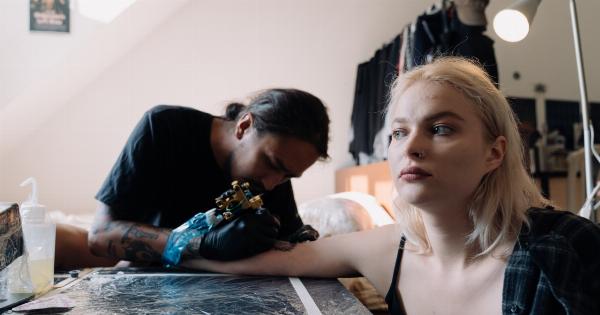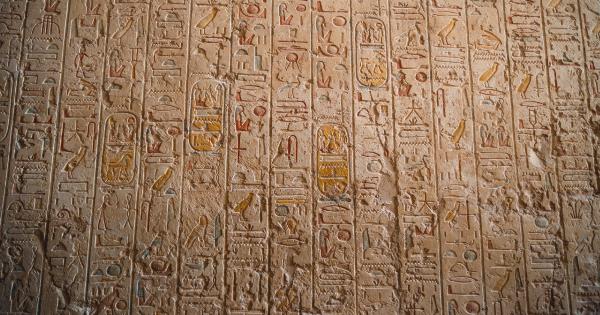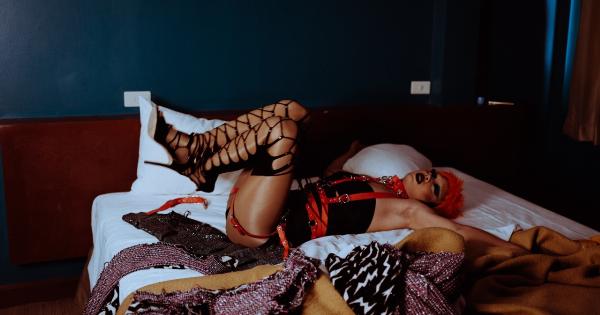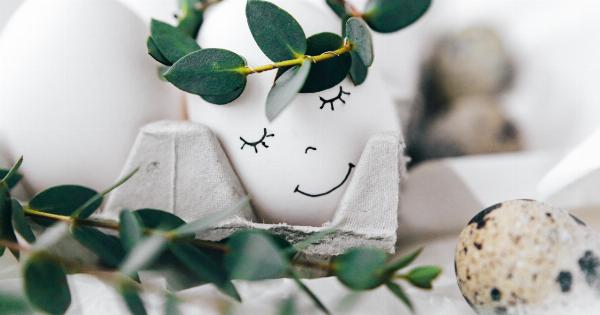Facial hair has long been a symbol of masculinity and power. One of the most iconic facial hair styles is the mustache.
From well-groomed handlebars to thick and bushy ones, mustaches have the ability to instantly change a person’s appearance and convey certain personality traits. But why is the mustache so much more than just facial hair? In this article, we delve into the psychology behind the mustache and explore its deeper meanings.
1. Cultural Significance
The mustache holds immense cultural significance across different societies and time periods. In some cultures, a mustache is a sign of maturity and wisdom. In others, it represents masculinity and power.
For example, during the Victorian era, the mustache was a symbol of elegance and refinement. It was seen as a mark of a gentleman, a sign of sophistication.
2. Self-Expression
Sporting a mustache allows individuals to express their personal style and individuality. Just like any form of self-expression, the decision to grow a mustache can be seen as a reflection of one’s identity and personality.
Some people choose a subtle mustache to convey a sense of elegance, while others opt for a bold and attention-grabbing mustache to showcase their flamboyant nature.
3. Confidence Booster
Wearing a mustache can boost a person’s confidence level. It serves as a unique feature that sets the person apart from the crowd. The presence of a mustache on their face can make individuals feel more self-assured and assertive.
The attention and compliments received from others can further enhance their self-esteem and overall confidence.
4. Masculine Symbolism
Mustaches are often associated with masculinity. Historically, men with a mustache were considered to be strong, powerful, and dominant. This link between mustaches and masculinity persists in many cultures today.
The stache acts as a symbol of manliness, evoking qualities such as courage and tenacity.
5. Non-Verbal Communication
Facial hair, including the mustache, can play a role in non-verbal communication. The presence of a mustache can send subtle signals to others about a person’s character and intentions.
It can convey elements of maturity, wisdom, and authority, depending on how it is styled and maintained. Individuals can use their mustaches to communicate a desired image or personality trait without saying a word.
6. Nostalgia and Retro Culture
Mustaches have experienced a resurgence in popularity in recent years, partly due to the nostalgia associated with retro culture. The “hipster” movement, for example, embraces vintage styles, including the mustache.
By growing a mustache, individuals can connect with a bygone era and tap into the sentimentality and cultural significance associated with that time period.
7. Humor and Playfulness
Some people grow mustaches simply for the fun and humor it brings. Mustaches can be seen as quirky and playful, adding a sense of lightheartedness to a person’s appearance.
Movember, a campaign that encourages men to grow mustaches in November to raise awareness for men’s health issues, exemplifies how mustaches can be used in a light-hearted and humorous way for a good cause.
8. Aesthetic Appeal
There is no denying that a well-groomed mustache can be aesthetically pleasing.
Whether it is a classic horseshoe mustache or a thin pencil-styled one, the right mustache style can enhance a person’s facial features, balance out their proportions, and create a sense of visual harmony. People often choose mustache styles that they believe complement their faces and make them look more attractive.
9. Symbol of Rebellion
In certain contexts, the mustache can also be a symbol of rebellion. Throughout history, various subcultures and countercultural movements have embraced the mustache as a way to challenge societal norms and expectations.
The punk and grunge movements, for example, often use mustaches as a form of visual protest against conventional ideas of beauty and conformity.
10. Perceived Trustworthiness
Studies have shown that people with mustaches are often perceived as more trustworthy and reliable. This perception may stem from cultural associations with maturity, wisdom, and masculinity.
Individuals with mustaches may be seen as more capable and dependable, which can positively impact their personal and professional relationships.



